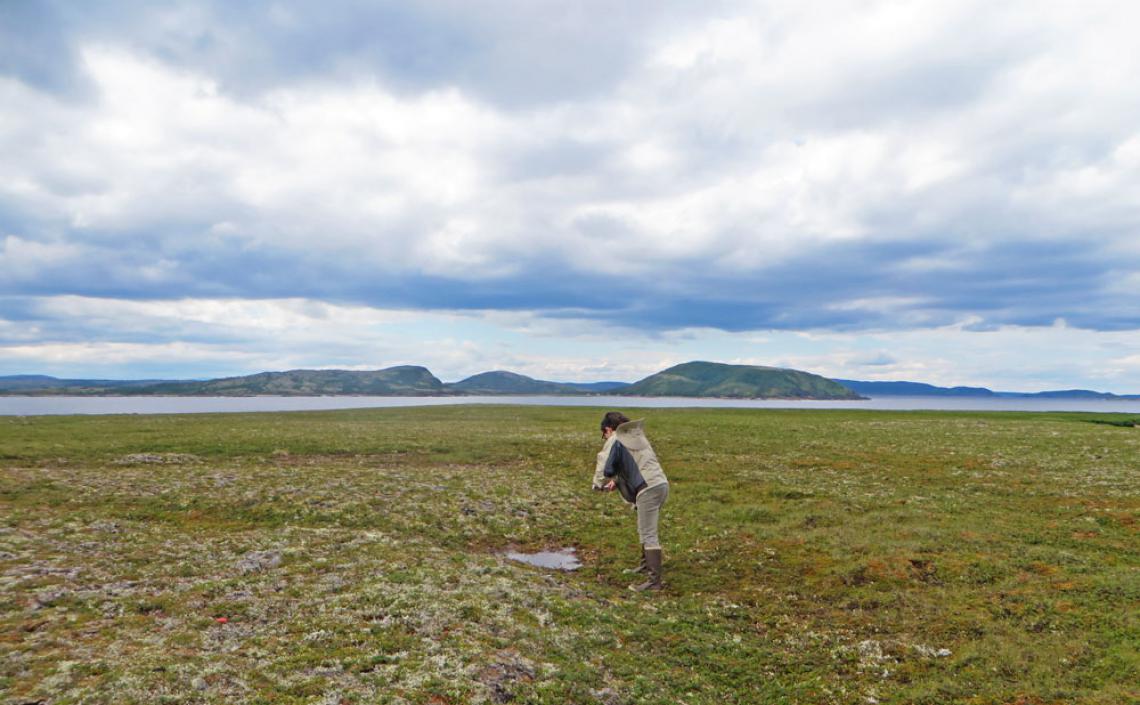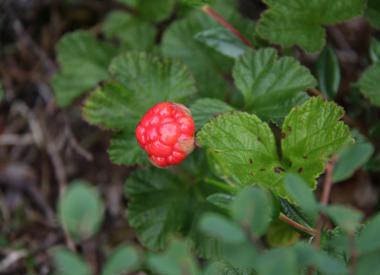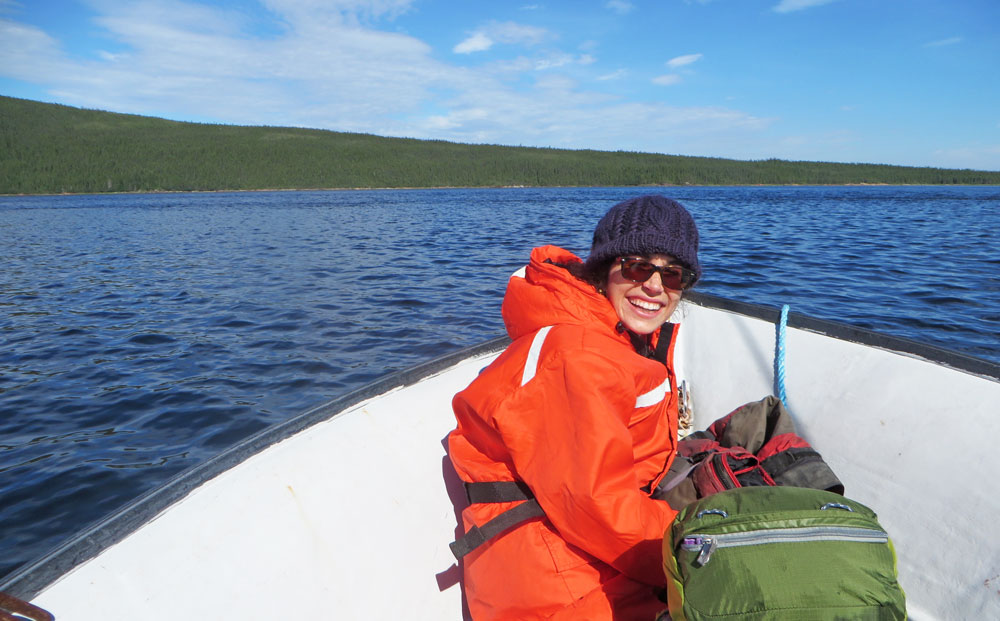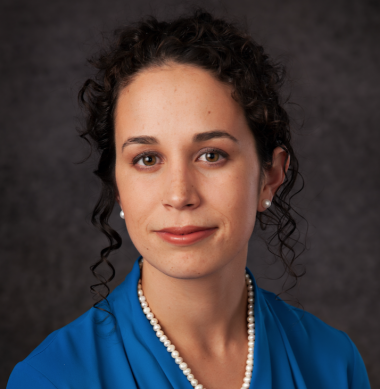Alumni Spotlight: From Arctic Microbes to Law School, Darya Anderson (BS '16) Aims to Change Policy
What do bakeapples in Canada have to do with environmental policy? A lot, if you ask alumna Darya Anderson (BS Environmental Science ‘16) .
A native Tusconian, Anderson started her environmental science journey studying microbes in soil samples from subarctic Sweden. Shen then wove in social science during her graduate program at McGill University in Montréal, researching the impact of thawing permafrost on bakeapples in local subarctic communities. She worked at an environmental reporting software company in Montréal for a year, before returning to sunny Arizona as Juris Doctor candidate at the University of Arizona Law School.
"I want to learn how environmental law and policy is developed."
Starting with Microbes in Permafrost
Anderson pursued her undergraduate degree in environmental science at the University of Arizona, and after hearing a talk by former faculty Dr. Virginia Rich (now at Ohio State University), she dove into scientific research.
Learn more about the Environmental Science Major
Anderson worked in Dr. Rich’s laboratory studying microbial activity along permafrost thaw gradients and the resulting greenhouse gas emissions. As frozen subarctic soil and sediment thaws, microbial processes affect the release of greenhouse gases. Gases like methane absorb the sun’s heat, furthering warm the atmosphere.
“Getting involved in research is a great way to find a study area that interests you and mentors who can help you navigate your undergraduate career and beyond."
She took soil samples along permafrost thaw gradients to analyze the microbial use of carbon substrates ("food" for microbes) to measure the release of methane.
After a positive undergraduate research experience, Anderson wanted to pursue graduate school. But she wanted more focus on the human impacts of climate change—specifically concerning permafrost thaw.
Weaving in Social Science and Law
Anderson found the right fit at McGill University, pursuing a Master’s degree in physical geography.
"When I was in Sweden studying changes in permafrost, I started asking myself questions about the impact of permafrost thaw on individuals and communities."
Anderson_Field_Shot_2017.jpg

Her research project consisted of collaborating with members of an Indigenous community in Subarctic Labrador, Canada about the impacts of permafrost thaw and concurrent social changes on traditional land-based livelihoods through the lens of bakeapple picking.
BakeApple_Flickr_Axel_Drainville.jpg

Anderson relied on her physical science background and her introduction to the social sciences as a participant in the Bureau of Applied Anthropology at the University of Arizona.
Her research included interviewing community members about bakeapple picking, conducting vegetation surveys along permafrost thaw gradients in the field, and analyzing satellite imagery to determine how the bakeapple picking grounds changed over time.
She found that along with changes in seasonality, moisture, and vegetation related to a climate change, the greatest concern of the community is that fewer families have the capacity to harvest bakeapples due to socioeconomic changes in the region. (Read Darya's published research).
Upon completing school, Anderson worked at an environmental software reporting software company in Montréal and helped clients track and report their air emissions, water discharges, and waste streams.
Anderson recognized the importance of accurate environmental reporting and scientific research, but realized she wanted to be in a position where she could contribute to the laws and policies that protect the environment and returned to Arizona for law school.



